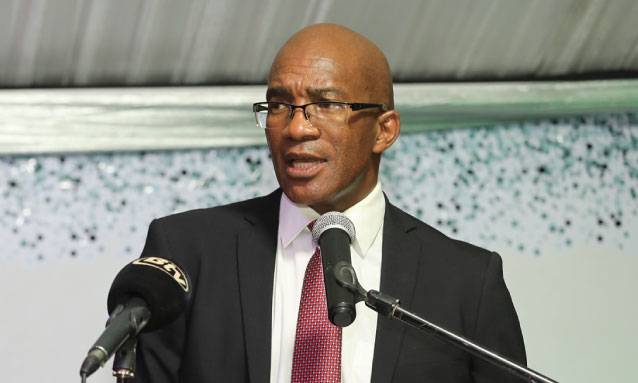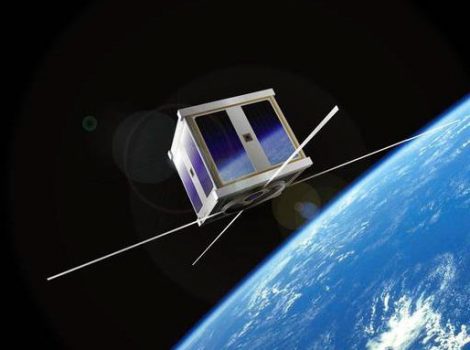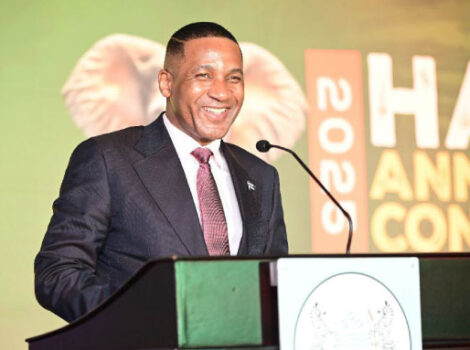
BOTSWANA claims that no mining, drilling or fracking activities are taking place in its protected areas of Tsodilo Hills and the Okavango Delta. This was detailed in a statement issued by the country’s Ministry of Mineral Resources, Green Technology and Energy on Wednesday.
Mines Permanent Secretary, Mmetla Masire said the ministry was concerned about misleading information regarding Recon Botswana exploration in the Okavango Delta area.
“Recon Botswana was issued an exploration licence under the Petroleum Act to explore for petroleum in the North-West District of Botswana by the ministry on 1 June 2020 for a period of four years.
“The licence area does not cover the core and buffer zones for the Okavango Delta and the Tsodilo Hills heritage sites, as these are protected sites,” a statement from the ministry said.
Furthermore, he said allegations that Recon is planning to start fracking are not factual as this method does not form part of the approved programme of exploration.
“The company is at a preliminary stage of exploration that is focused on acquiring and processing information, analysis and interpretation of geological data and the commission of the Environmental Impact Assessment (EIA) and getting the necessary approvals prior to carrying out any drilling activities,” he said.
Recon Energy is a Canadian oil and gas company which bought rights from Namibia and Botswana to drill for oil in over35 000 square kilometres of the Okavango Basin. The basin supplies the Okavango Delta with water. In Namibia, the exploration sites are within the Kavango-Zambezi Transfrontier Park – the largest terrestrial transfrontier conservation area in the world incorporating protected and communal land in Angola, Botswana, Namibia, Zambia and Zimbabwe. Various stakeholders and community members are in opposition to Recon’s exploration plans in the two countries.
Last week, the World Wildlife Fund also warned against allowing drilling in the protected areas. The fund urged the Namibian government not to approve additional environmental impact assessments (EIAs) to Recon until a holistic strategic environmental assessment (SEA) has been conducted and the full implications of exploration have been assessed. While Recon insists that its drilling project will not utilise fracking, those concerned reference the mention of “modern frack stimulations” in its investor presentations in 2019 and 2020.
Environmental activists and concerned stakeholders remain apprehensive about the company’s transparency on its exploration methods, future plans in the ecologically sensitive areas and the potential effects thereof.
Source: http://www.namibian.com.na/98866/read/Botswana-denies-fracking-claims



